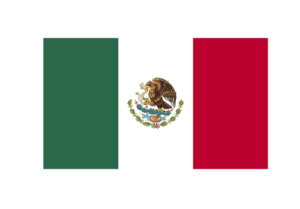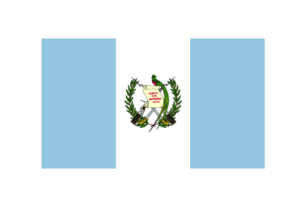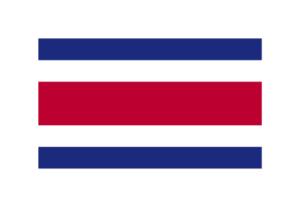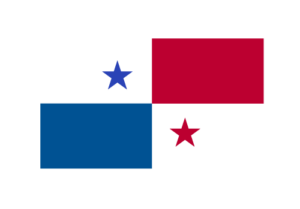The Organismo Internacional Regional de Sanidad Agropecuaria (OIRSA) is a specialized institution in the areas of animal health, plant health, quarantine services, and food safety. Founded in 1953, OIRSA provides technical and financial cooperation to the Ministries and Secretariats of Agriculture and Livestock in its member states, aiming to protect and develop their agricultural resources and ensure healthy and safe food production.
WHO WE ARE
In its seven decades of service, OIRSA has effectively addressed the threats posed by pests and diseases to the region, demonstrating responsiveness and a proactive approach. This has led to significant achievements. To accomplish this, OIRSA collaborates closely with the ministerial authorities of its signatory countries, providing guidance and support in the implementation of programs and projects for the prevention, control, and eradication of pests and diseases.
In the field Animal Health, the organization supports regional programs for porcine, bovine, aquaculture, poultry, beekeeping health, and agricultural traceability, yielding noteworthy results. Collaborating with its member states, OIRSA has prevented the entry of diseases such as Foot-and-Mouth Disease and Bovine Spongiform Encephalopathy (BSE) into the region. Declarations of disease-free areas, such as Classical Swine Fever (CSF) in 2011, have also been achieved.
In Plant Health, OIRSA works to declare areas free of pests affecting crops, citrus, and other fruits. An example of their work is the eradication of the pink bollworm (Pectinophora gossypiella Saunders) from the Isthmus and efforts to slow the spread of other economically and quarantine-significant pests like Khapra beetle (Trogoderma granarium), Asian Longhorn Beetle (Anoplophora glabripennis), and the fruit fly complex, among others.
OIRSA, through its delegated Quarantine Services also works on preventing the entry of pests and diseases that threaten the phytosanitary health of the region. This effort is carried out in conjunction with the Ministries and Secretariats of Agriculture and Livestock from the member states. The International Quarantine Treatment Service (SITC) primarily performs three quarantine treatment types: spraying, atomization, and fumigation. The SITC operates in over 90 locations at ports, airports, and land borders in nine countries. The Organization also manages the National Agricultural Protection Service (SEPA) In Guatemala and Honduras, which intercepts pests through vehicle inspections, aircraft, and ships.
In the field of food safety, OIRSA supports the strengthening of sanitary measures to ensure agri-food safety. This involves preventing, reducing, or eliminating the presence of pesticide residues, pharmaceuticals, veterinary drugs, and environmental contaminants, toxins, or pathogens in agri-food products to protect the life and health of individuals and facilitate international trade. Those measures are based on the principles of Hazard Analysis and Critical Control Points (HACCP) and their prerequisite programs, such as Good Agricultural Practices, Livestock Practices, and Manufacturing Practices (GAP, GLP, GMP), Standard Operating Procedures and Sanitization (SOP, SOS), biosafety, strengthening the analytical capacity of food laboratories based on the principles of the ISO/IEC 17025:2017 standard, harmonization of sanitary standards regarding food safety, the establishment of equivalences among trading partners, among others. This support is provided based on a scientific risk assessment.
In complete alignment with its institutional mission, OIRSA also manages specialized laboratories for certifying the quality of agricultural inputs and export products, the Meat Inspection Service (TIF) in Mexico, and the Moscamed-free area in Honduras.
General information
Regional headquarters: San Salvador, Republic of El Salvador.
Foundation: October 29, 1953.
Member States: Mexico, Belize (joined in 1996), Guatemala, El Salvador, Honduras, Nicaragua, Costa Rica, Panama, and the Dominican Republic (joined in 2003).
Workforce: 919 employees.
Highest authority: Regional International Committee of Agriculture and Livestock (CIRSA)
Executive Director: Raúl Antonio Rodas Suazo
OIRSA's Objective:
Supports Member States' efforts to achieve the development of their Animal Health, Plant Health, Food Safety plans, and strengthening Agricultural Quarantine.
Constitutive Agreement of OIRSA
REPRESENTATIONS
 MEXICO MEXICO |
 BELIZE BELIZE |
 NICARAGUA NICARAGUA |
|








